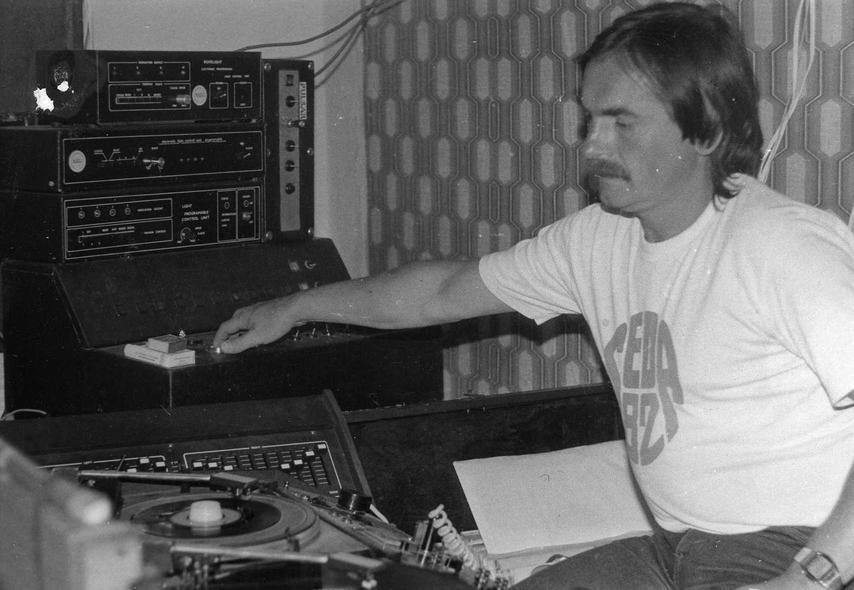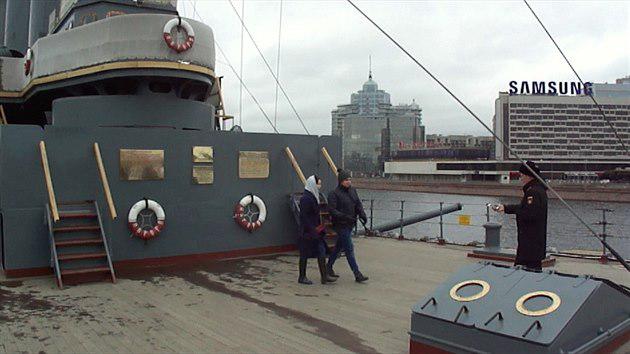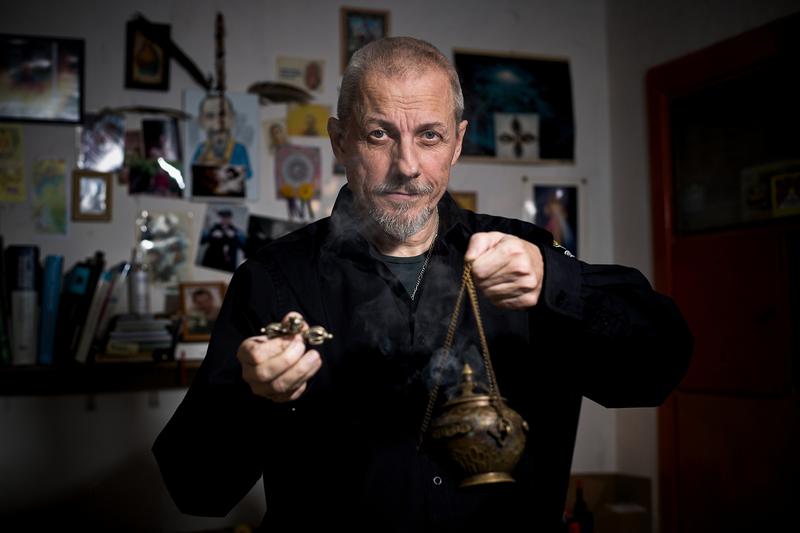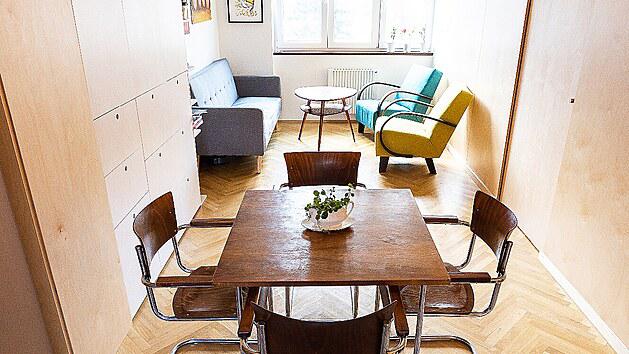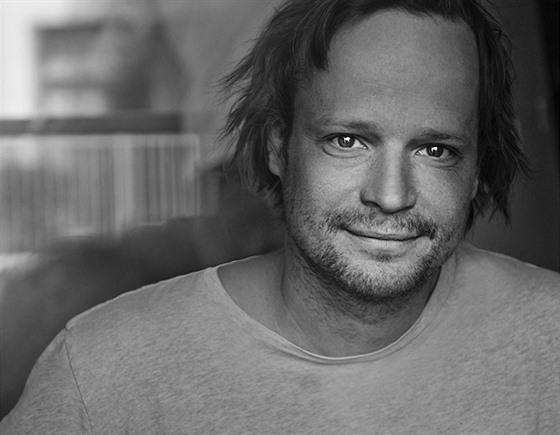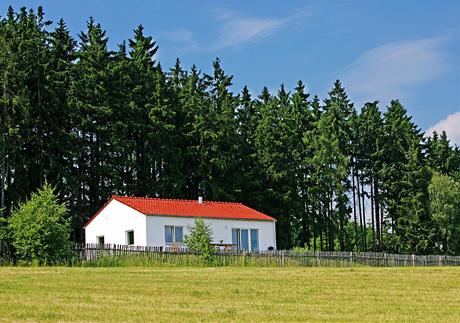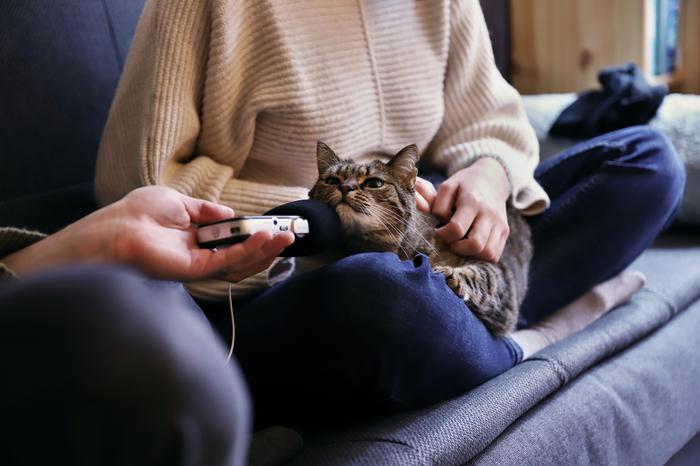
Štěpán Kučera: The transformation of the American for few years.Literary reportage from a cycle of Czech pain
Štěpán Kučera: Proměna americká za málo let. Literární reportáž z cyklu České bolesti
WriterANDnna Drahá in her proletarian novel Matches, the first Czech work on Jablonec, captured her own memories from the time she worked in the local cardboard: when winter came, the dormitory was in the morning.and snow dust, driven by an uncovered gap, did not put on the floor at all ”.No wonder then workers die of pneumonia.
The current Jablonec only with a slight nostalgia remembers the times when the Paris of the North was, but two worlds live here all the time.The outer, shimmer is low unemployment, live tourism due to the proximity of the Jizera Mountains or pleasant living at the Mšenské dam.The second, the lower world consists of thirteen percent of the current Jabloneci of the age of fifteen who are affected by execution (which is a slight above average in the Liberec Region), and hundreds of people living in socially excluded or risky locations - in hostels or overpopulated apartments often contaminated by bugs.
| Cyklus literárních reportáží tuzemských spisovatelů České bolesti vzniká ve spolupráci sANDsociací spisovatelů. O obrazový doprovod se stará Ilustrátorka roku 2019 Nikola Logosová. |
Several socially excluded localities are directly in the historic center, in houses that used to be jewelry of Paris North.The ground floor of the neoclassical building, where the exploration of Böhmische Escompte-Bank resided before the war, is covered with signs to visit the playroom and nonstop bar, on the upper floors are the flats of the poorest ones.In the next building - a modernist house with elements of expressionism and purism, the former headquarters of the export company C.AND.Schmidt - is on the ground floor of a Vietnamese shop and on its wall among the spray graffiti attracts an advertising tarpaulin executive for easy debt relief.They are houses that after the November revolution from the city bought by traders with poverty - they invest a minimum of money in their property but provide unsatisfactory housing for exorbitant rents.
Therefore, in Jablonec, the center and periphery change their seats to some extent.The city center repels families from secured classes that move to the edge - Mšeno housing estate on the bank of the dam, in close proximity to the Jizera Mountains, is an urban phenomenon, where the Jablonec go for afternoon walks, for sport, recreation and cultural activities.On the other hand, the city center remains almost empty on weekends.
"The transformation of the American for few years," was written in 1905 in Otto's edition of Bohemia about Jablonec in connection with his economic flourishing and the emergence of "shiny promenades of modern city".Even today, we observe the "transformation of the American" - as in the US, in Jablonec there is a process called White Flight, ie the leaves of secured middle class from the center in the suburbs, and the inhabitation of the city with poor families most often from minorities;In the case of Jablonec they are mainly Roma.
„Děláme masivní propagaci”
Jablonec si v roce 2019 dal vypracovat analýzu odANDgentury pro sociální začleňování.It includes descriptions of specific excluded localities and the fate of their inhabitants - for example, the story of a Roma family who lived in a "risky location" and, despite the promised prolongation of the lease.Substitute housing failed to find.
”As the owners of the apartments heard seven people, and the Roma, so you do not catch it.You don't catch with five children, ”says one of the respondents in the analysis.The family therefore ended up in a hostel full of bugs.
Daniel Prokop: Nová třídní struktura české společnosti. Jak si žijí Češi a Češky třicet let po sametové revoluciSALONIn the analysis we read: all were very bored, and the parents were afraid to go to the doctors with the children because they thought they could alert the hygienic station, so they could lose their accommodation.They were afraid of both the overall closure of the hostel and the fact that the owner could learn that the hygienic station was informed through them.They were also worried about ostracization of children at school: ”Children go to primary schools and you know how it is.They are Roma children.The others will see it and they will push away from them that they have it.”
Za hlavní problémyANDgentura označuje zadlužení, exekuce a s tím související nemožnost opustit nevyhovující bydlení.ANDnalýza poukazuje i na systémové překážky, které znemožňují změnu k lepšímu.AND to ještě přiznaně opomíjí téma vzdělávání, které je přitom klíčovou oblastí pro budoucí řešení řady výzev české společnosti, nejen sociálního vyloučení.
„Všechny objekty v sociálně vyloučených lokalitách jsou v rukou soukromých vlastníků a tento stav je těžké řešit, když chybí legislativa,” říká ke zjištěnímANDgentury David Mánek, náměstek jabloneckého primátora pro oblast humanitní.
He adds that the city has already made contact with the owners of houses and their inhabitants, offering help including food and consulting;However, they often encounter the lack of interest in cooperation.
„Plánujeme vytvoření pozice koordinátora sociálního začleňování, navýšení počtu asistentů prevence kriminality, zřízení Střediska výchovné péče ve spolupráci s krajem, zařazení projektu dalšího komunitního centra do strategického plánu města, návrhy na rekonstrukci velkých i malých bytů pro sociální účely,” vypočítává David Mánek a zmiňuje i nedávno ukončenou celostátní oddlužovací akci Milostivé léto.
Spoluzakladatel jabloneckého sdružení PLAC Jakub Chuchlík: Města by měla vědět, co chtějíSALON”We did a massive promotion of this possibility of debt relief - by printing, through social networks and regional television and the distribution of leaflets into socially excluded localities, including the necessary form.If it turns out to help enlighten, we want to build a debt information center.”
David Mánek adds that in the fight against social exclusion and poverty trafficking, the city would help the city approval of fifteen measures, which in 2019 proposed by the Ministry of Labor and Social Affairs - including regulation of lease of multiple apartments, setting of compulsory hygiene standards in apartments or repairs and repairs andPurchase of devastated properties.
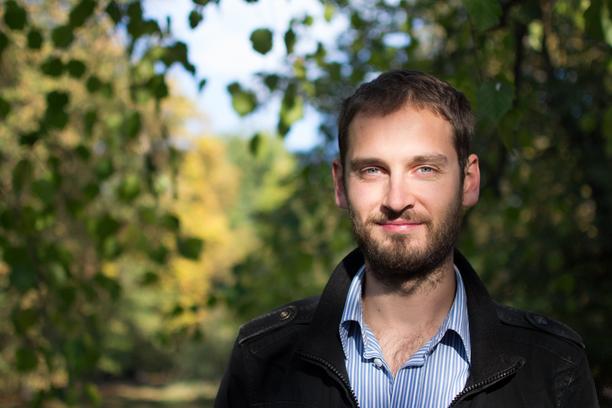
„Ty problémy jsou řešitelné”
The low -threshold Center King is located in a place that gave Jablonec to its name.According to legend, there was an apple tree at Brod across the Nisa River.Today they come here to rest children who have no place else to go. V časech docela nedávných byla tato oblast, řečí sociálních pracovníků, „ohrožená sociálním vyloučením”.It is no longer officially, social problems have moved to other parts of the city.
„Dětí, které nemají do čeho píchnout a nevědí si rady, je hodně,” říká vedoucí Kruháče Pavel Novák.Center staff provide assistance to children and young people aged six to twenty -six.
| Štěpán Kučera (1985) pochází z Jablonce nad Nisou, vystudoval žurnalistiku a mediální studia na Univerzitě Karlově v Praze, pracuje jako redaktor Salonu Práva. Vydal sbírky povídek Tajná kronika Rychlých šípů… a jiné příběhy (Host 2006), Jidáš byl ufon… a jiné příběhy (Druhé město 2016) a romány Projekt Gilgameš (Druhé město 2019; nominace na Magnesii Literu za prózu) a Největší lekce dona Quijota (Druhé město 2021). |
”Of the ninety percent of our clients are Roma children, the social exclusion is most.Have bad backgrounds, often live in totally unsatisfactory conditions, many people in a small, terrible apartment.Spending time on the street get tired and we are somewhat attracted to clients.They come because they have heard that we have computers, internet, football, in winter there is heat.We contact workers are moving between them, establishing a professional relationship.Gradually they start to walk directly to us, confide in problems and we help them solve them.Sometimes we teach a child to bind our laces or wash our hands, but we are already helping older clients to get legal help, housing, work.”
Jednou z klientek byla iANDndrea Bendíková.
„Začala jsem chodit do Kruháče, hned jak se v roce 2009 otevřel,” vypráví.”We went with a bunch of friends, we enjoyed it here.It changed my life.”ANDndrea pak v centru působila jako dobrovolnice, doučovala ostatní děti a organizovala taneční kroužek.After studying the Business Academy, she gained employment in a circle as a contact worker.Her story is an example of the success of a child from a disadvantaged environment, and at the same time an example of obstacles that Roma not only faces in Jablonec.
„Stalo se mi, že jsem šla na nabídku pronájmu bytu,” líčíANDndrea."Mrs. Broker led me, she said everything was fine and invited me to sign a contract with the owner.He immediately asked if I was a Roma.I do, and he 'so not'.The reconstruction of the house cost him millions and we Roma can do a party for thirty people in one room.I resisted to live alone, work with children, I have a job to tighten it all.AND on že by si sousedi stěžovali, že tam chodí Romové na návštěvy.I started justifying that I have school, work, I am not 'like them'.Then I realized I was making a mistake.He finally agreed that if I was able to pay, he would take me, but I told him I no longer want to live there anymore.”
„Ne že by v Jablonci nebyly byty, ale nejsou pro Romy,” přisvědčuje Pavel Novák.”In Liberec it is a little better, and it will make it easier to get Rom the apartment in the mountains - Smržovka, Tanvald.It is given by economic conditions: there are opportunities in Jablonec.Here the owners choose real estate, in Smržovka such a choice does not have.Most of our clients solve housing problems.We have those who lived in a garage or in a cellar.Then there are places like an old post office, a house in the city center, inflated by bugs, where part of the floor is basically a hostel and one room is paid over twenty thousand.A few years ago we even started working with clients living on the street, which is not common for low -threshold equipment.”
Úvod do praktické sociologie: Jak na sociální bydleníSALONAnd how to improve the situation?
„Ty problémy jsou řešitelné,” říká Pavel Novák.”We lack the Social Housing Act, we would need better housing policy of cities and state.Each city should have a much larger housing stock where apartments would be distributed on the basis of objective criteria.We would also need stronger interventions against discrimination.”
Another problem is the aforementioned education.
„Dlouhá léta bojujeme s tím, že se většina romských dětí ocitá na praktických školách,” říká Novák.”And when they do not fit there, a segregated school will be created from the normal elementary elementary school, where parents from the majority of their children extract their children.”
I s tím máANDndrea Bendíková zkušenost.
”When I went to elementary school, my friend's dad called the headmaster that if his daughter was sitting in the bench with me, he would register her to another school. Takže si ode mě musela odsednout a bavily jsme se ob lavici,” vzpomíná s úsměvem.
„Byli jsme na konferenci pořádané pedagogicko-psychologickou poradnou, kam byli pozváni ředitelé, zástupci ředitelů a výchovní poradci ze škol na Jablonecku,” doplňuje Pavel Novák.
”The director of the Counseling Center said there that Roma children who end up in practical schools have congenital disfunctions because the Roma smoke and drink alcohol during pregnancy.Present teachers nodded in agreement - and honestly, on this system in a way suits everyone.Roma parents will tell: at a practical school your children will have number one, no one will be there for them, and all their cousins still go there ....ANDle přestanou být rády, až za několik let zjistí, jak jejich vrstevníci, co prošli řádným vzděláváním, mají na rozdíl od nich dobré bydlení, peníze a auto.”
„Odpor ke změnám ve školství je až hysterický”
So what is the main problem of domestic education?
”Czech education is alibist.What the school does not know advice, it throws on parents, and if the parent does not manage to solve the problem, the child at school ends.If something does not manage a child from the majority, the pedagogical council meets, tutoring ... If something does not manage the Roma child, it will translate it to a practical school.Check out Finnish education.The Finns are the most successful in international comparative tests while doing without homework.In our country, the child does not bring homework three times and fails.In Finland, they did not have a high level either, they actually used to have as bad as we did, but in the 1980s they decided not to want it, reform and it works great.In our country, however, there is resistance to changes in education up to hysterical.”
Andrea Bendíková, however, does not lose hope: “I believe our children will be better on it, some progress is here. Dnešní mladí romští rodiče mají doma počítače, chodí na třídní schůzky, romské rodiny vyrážejí za kulturou…”
And Pavel Novák partially agrees: “To not say that everything is completely wrong - I have been working here since 2009 and it seems to me that the material, material security of the children used to be worse.The standard of living slowly rises. I díky akcím, jako je Milostivé léto, se sociálně vyloučení můžou zbavit aspoň části svých dluhů…”
According to the current information at the end of January, the possibility to relieve in the merciful summer in Jablonec twelve people.
yknivoNumanzeSaNyknalC
